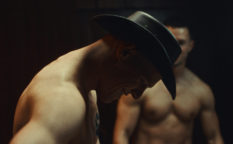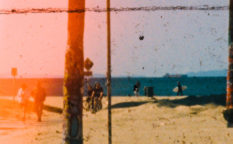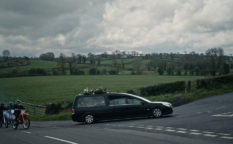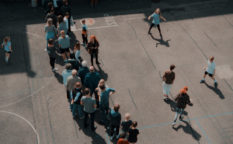Review: Oeconomia (2020)
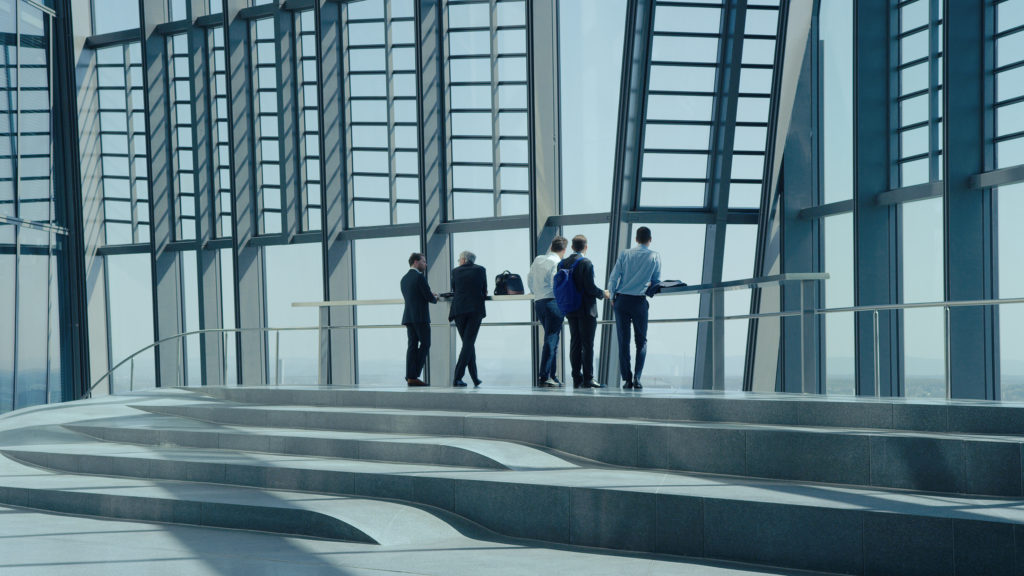
What is money and where does it come from? It seems like a simple enough question, but in Carmen Losmann’s new film it becomes increasingly obvious that even those at the highest reaches of international finance: top bankers, fund managers, CEOs, economic advisers and sundry experts have a frighteningly vague grasp of the fundamentals of the systems which essential form the basis of the economy and by a few short steps our lives. The old idea that paper money is printed by the government to represent an actual weight of gold being held in a bank somewhere is unsurprisingly no longer the case. But the new way in which money is born, exists, circulates and is exchanged is so complex and convoluted, intricate and involved that it represents an incredibly complicated structure like a spiderweb, and just as frightening. In fact, half way through Lossmann’s documentary I began to feel as if this was the best horror film I’d seen all year. There’s a storm coming. And it’s closer than you think.
Lossman stays behind the camera, or on her laptop for the entirety of the film. She shares emails and messages from the companies and institutions she tries to corral into interviews. Some of them refuse; all of them ask for the questions in advance; some agree to set up simulations; but none of them wish to have their transactions actually recorded. Meanwhile, Losmann sets up a series of illustrations on her computer, simple charts and comments which interconnect as she goes. It begins with the revelation that private banks essentially create their own money whenever they give a client credit. Then charge the client to pay back the money. Because the client has to pay back more than they loaned and to provide the bank with their profits, they have to find new money to pay the difference. The model most people have in their heads is that of a household. As Mr Micawber says in Charles Dickens’ David Copperfield: “Annual income twenty pounds, annual expenditure nineteen and six, result happiness. Annual income twenty pounds, annual expenditure twenty pounds ought and six, result misery.” But capitalism absolutely depends on debt. Mr Micawber’s misery is required for the money to circulate and economic growth to continue.
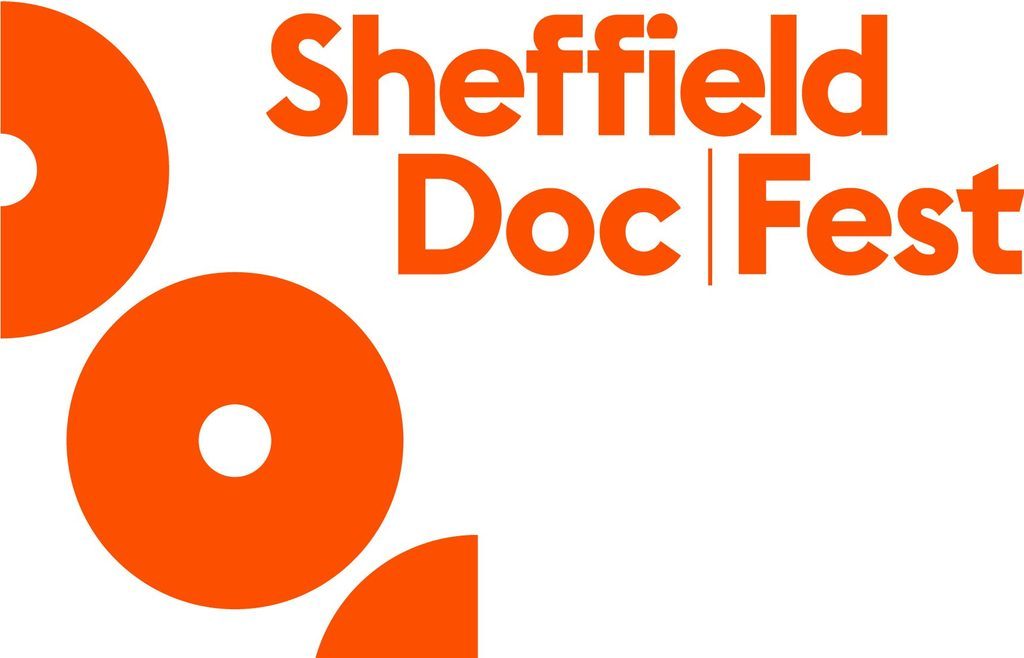
The consequences of this are dire. Firstly, it leads to vast inequalities as lenders with money make more money off borrowers who have none and end up with less. Governments then buy debt when the economy is going badly (see COVID-19) which the lenders also make money off. Secondly, it is disastrous for the environment. If you own land, you have to monetize that land for it to become more valuable. And monetizing almost always means exploitation and destruction of resources in a way which is simply unsustainable. Economic growth equals the shrinking of wilderness, the destruction of biodiversity and increased pollution, and yet is seen as not only a good thing, but vital.
With her images of the Ballardian spaces of modern bureaucracy and finance – all mirrors and glass, corporate shrubbery and the occasional cleaner, escalators and corporate artwork emblazoned with doublethink inspirational quotes – Lossmann visualizes the smooth sleek slide to disaster, aided by softly spoken clearly very intelligent men – they are almost all men – who are also aware that the current models are unsustainable. Money, as Yuval Noah Harari reminds us, is basically a story we tell each other and which lives in our imaginations. Its meaning very much depends at the moment on most people not understanding just how tenuous its existence actually is. How would you feel about paying back a debt if you knew that the debt was never someone else’s money but simply money that was created to create the debt? It’s not that this whole system could collapse, it is inevitable that it will. Sooner or later. And as Lossmann suggests at the end of her film, this might be a good time to start working on a plan B.
Original Title: Oeconomia
Country: Germany
Language: German, English
Runtime: 89 minutes
Produced by: Hannes Lang, Mareike Wegener
Written & directed by: Carmen Losmann
Cinematrographer: Dirk Lütter
Editor: Henk Drees
Visual Effects: Patrick Tauscher
Music: Peter Rösner

